On the take
- World Ark
- 23 August 2015
As climate change, population growth and environmental damage shrink the amount of arable land on the planet, wealthier countries and corporations look to developing countries for land.

As climate change, population growth and environmental damage shrink the amount of arable land on the planet, wealthier countries and corporations look to developing countries for land.
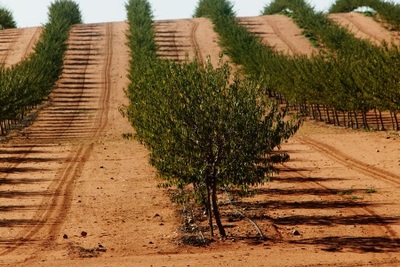
First State Super follows US and Canadian super funds with major investment in Australian almond plantations.
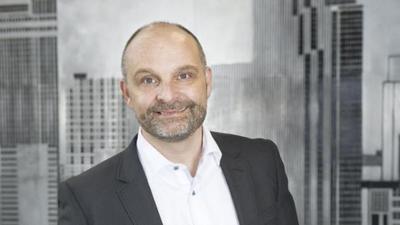
A substantial payout could be in store for private equity firms willing to take on the risk and plough capital into the farming business.
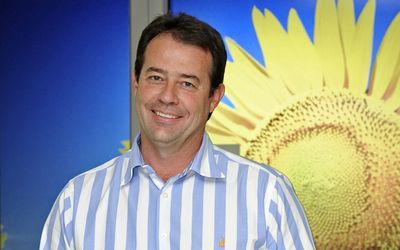
Investors have poured tens of millions of dollars into a war torn landscape in northern Uganda now dotted with tracts of maize, rice, sunflower, sesame and commercial forests.
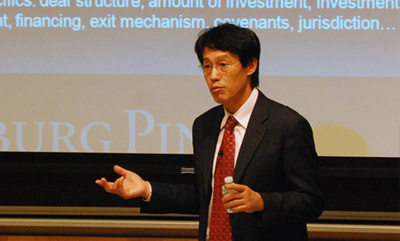
If Black Soil Capital Partners gets its way, the fields of Heilongjiang will be consolidated under long-term leases from farmers, giving way to a modern, industrialized US-style business model.

Hearing in the US will examine how land grabbing has significantly impacted the lives of Filipinos and Cambodians and the involvement of U.S. officials charged with promoting development in these countries.
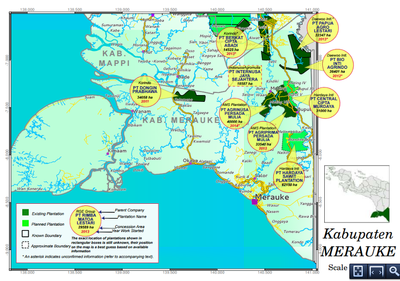
Norway’s central bank is divesting the country’s $870 billion pension fund of its holdings in four Asian multinationals for palm oil in Southeast Asia. POSCO and Daewoo were excluded for the activities in Merauke, Indonesia’s Papua province.

Global food giants and international NGOs have drafted a framework to prevent land grabs just as hedge funds, companies and plantation owners race to acquire new territory.
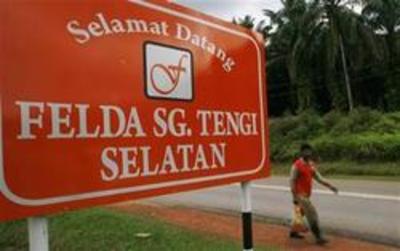
Felda Global Ventures Holdings Bhd (FGV) aims to enter into a definitive agreement for its proposed acquisition of Indonesian palm oil company PT Eagle High Plantations Tbk by October 31 this year.
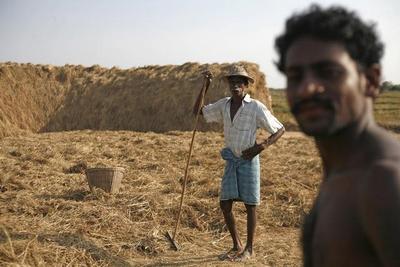
Arrests in Karen State target those assisting farmers fighting land grabs, says Human Rights Watch.

A Rice Farm Consortium from Dubai investing in a 7,500 hectares of rice farm in Saminaka, Borgu local government area of Niger State will spend $100million and employ 4,000 youths in the state.
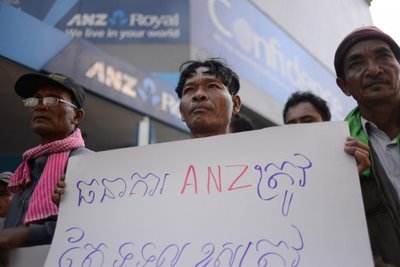
The so-called ‘Blood Sugar crisis’ may be over. But representatives from the Clean Sugar campaign their there is no end in sight for their problems.